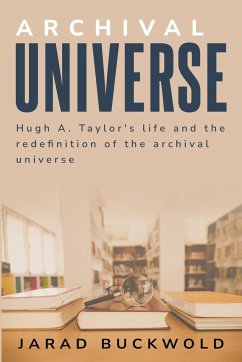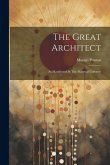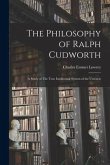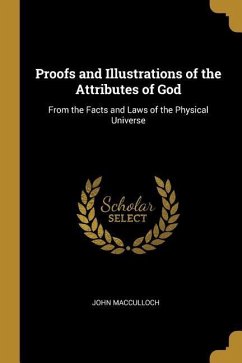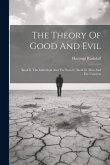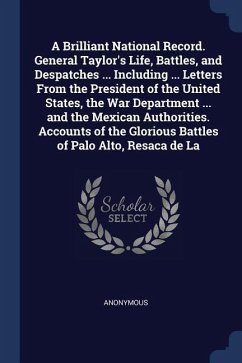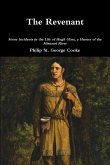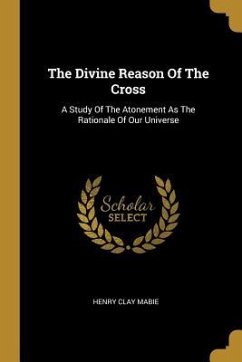Archival theory in the English-speaking world has a long and varied history. While today, archival theory is permeated with postmodern ideas and philosophies, borrowing from fields as diverse as anthropology and computer science, even just a few decades ago, this was far from the case. In the 1960s and 1970s, and to some extent the 1980s, archival theory served more as a professional guide to best practices and "how to" methodology. This transition was pioneered and strongly influenced by the imaginative and thought-provoking essays of Hugh Alexander Taylor, an English-born Canadian archivist who developed a worldview that positioned archives at centre stage. Taylor was able to do so as a result of his fascination with the works of the media theorist, Marshall McLuhan, whose ideas Taylor found directly applicable to archives and archival theory.

